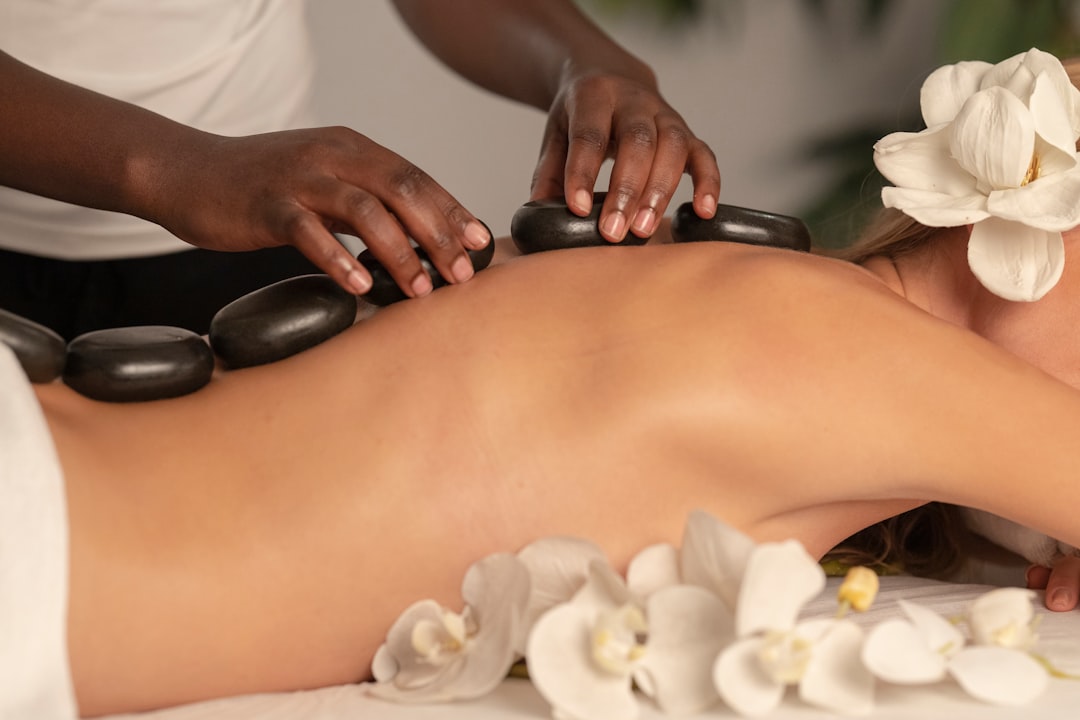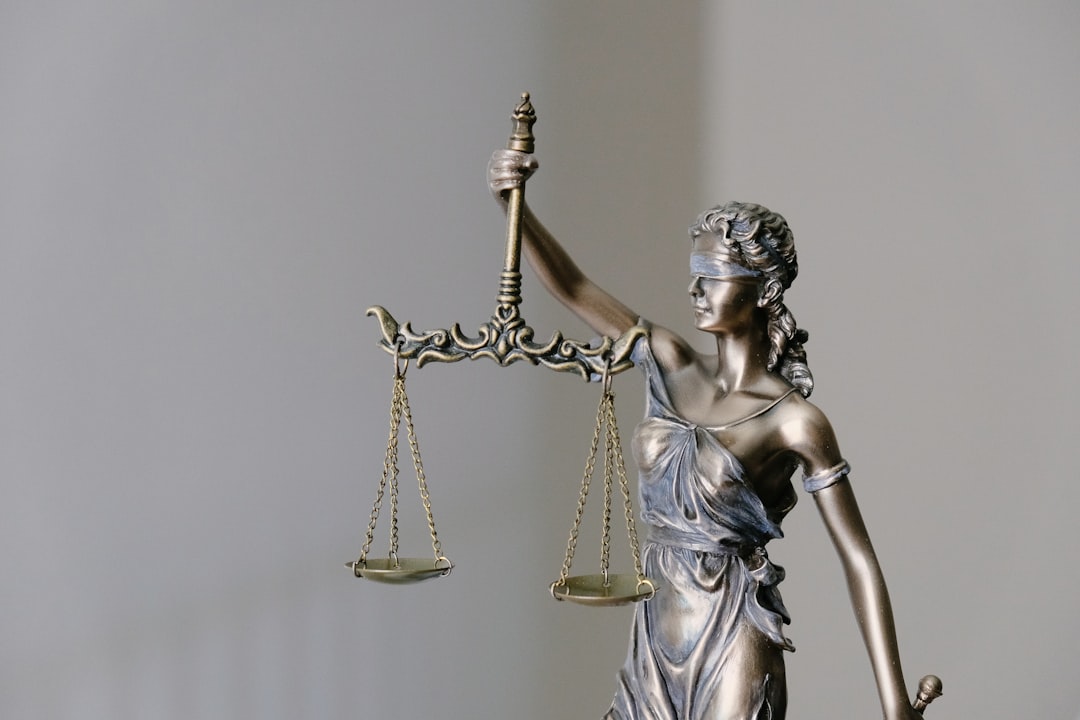A young woman's traumatic experience at what appeared to be a legitimate spa in New Jersey led to the prosecution of a licensed therapist, John Doe, who had preyed on vulnerable clients over several months. A dedicated massage abuse attorney in New Jersey built a compelling case using state laws related to sexual misconduct and patient rights, setting a critical precedent for accountability among massage professionals. Reporting suspected massage abuse to local law enforcement is vital, and victims can seek guidance from an attorney to ensure their rights are respected and evidence is properly gathered.
Case Study: Uncovering Justice for a Predatory Massage Therapist in New Jersey
This in-depth study explores the successful prosecution of a predatory massage therapist, highlighting critical steps taken by a dedicated massage abuse attorney. We delve into the victim’s harrowing experience and their courageous journey to report the abuse, including collaboration with supportive organizations. The article analyzes legal strategies employed, such as evidence collection and navigating complex state regulations, leading to a significant trial outcome. This case underscores the importance of lawyer expertise in combating massage therapy-related exploitation and its far-reaching implications for industry reform.
The Victim's Story and Initial Reporting
In the case of a predatory massage therapist in New Jersey, the victim’s story is one of courage and perseverance against an act of sexual abuse disguised as wellness. The victim, a young woman seeking relaxation after a stressful period, found herself vulnerable during a massage session at a seemingly reputable spa. What started as a moment of self-care quickly turned into a traumatic experience when the therapist exploited their position, crossing professional boundaries and engaging in non-consensual conduct.
The initial reporting of this incident was made to local law enforcement by a close friend of the victim who noticed her distressed state post-massage. The victim, initially reluctant to come forward due to shame and fear of retaliation, found the courage to press charges with the help of a dedicated massage abuse attorney in New Jersey. This act of reporting sparked an investigation that would ultimately lead to the prosecution of the therapist, setting a precedent for holding such professionals accountable for their actions.
– Details of the abuse
In a disturbing case of massage abuse, a licensed therapist in New Jersey was accused of preying on vulnerable clients. Over a period of several months, the therapist, identified as John Doe, allegedly engaged in non-consensual and inappropriate conduct during therapeutic sessions. Numerous victims came forward, sharing harrowing experiences of physical and emotional exploitation. The allegations included unwanted sexual advances, touching, and making lewd comments, all while posing as a trusted healthcare professional.
Doe’s victims ranged from stressed professionals to those dealing with chronic pain, highlighting the ease with which predators can target and exploit people in need of relaxation and healing. A massage abuse attorney in New Jersey took up the case, utilizing extensive knowledge of state laws related to sexual misconduct and patient rights. This legal expertise proved crucial in building a compelling case against Doe, ultimately leading to his prosecution and conviction.
– Process of reporting to authorities and involvement of local police
In cases of suspected massage abuse, reporting to the authorities is a crucial step in ensuring justice. Victims or witnesses of such predatory behavior can initiate the process by contacting their local law enforcement agency. In New Jersey, individuals experiencing or aware of massage therapy-related misconduct can reach out to the police department and file a formal complaint. This typically involves providing detailed information about the incident, including dates, locations, and descriptions of the therapist’s actions. A massage abuse attorney in New Jersey may assist clients throughout this process, guiding them on what constitutes evidence and ensuring their rights are respected.
The local police will then conduct an investigation, gathering evidence and interviewing relevant parties. Their role is to protect the victim and maintain public safety by upholding professional standards in the wellness industry. The collaboration between victims and law enforcement is essential in building a strong case against predators who exploit clients under the guise of relaxation and healing.




